SGGP
In a report recently released by the World Trade Organization (WTO), global trade in 2023 is expected to grow by 1.7%, down from 2.7% in 2022.
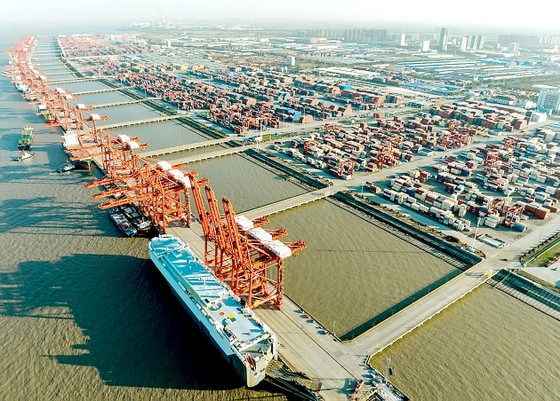 |
| Taicang Port, Jiangsu Province, East China, bustling in March 2023. Photo: XINHUA |
Focus on multilateral cooperation
World merchandise trade volumes may fall short of expectations in 2023, despite a slight increase in GDP forecasts since last fall, WTO economists said in the report. In the report, WTO economists estimated global real GDP growth (at market exchange rates) at 2.4% in 2023. Trade and output growth forecasts of 2.6% and 2.7%, respectively, were both below their averages over the past 12 years.
WTO Director-General Ngozi Okonjo-Iweala said that trade continues to be a driving force for the global economic recovery, but will remain under pressure from external factors in 2023. Therefore, governments need to act consistently and avoid actions that restrain or hinder trade. According to Ms. Ngozi Okonjo-Iweala, focusing on multilateral cooperation in the field of trade, as WTO members did at the 12th Ministerial Conference in June 2022, will promote economic growth and people's living standards in the long term.
Meanwhile, the 1.7% forecast for trade growth in 2023 has been increased compared to the 1% forecast given by the WTO in its report published in October 2022. An important factor contributing to the forecast increase is China's easing of Covid-19 pandemic control measures, helping to release pent-up consumer demand in the country, thereby boosting international trade.
Be aware of financial risks
The lingering effects of Covid-19 and rising geopolitical tensions are key factors weighing on trade and output in 2022, and could also be felt in 2023, according to WTO chief economist Ralph Ossa. Rising interest rates in advanced economies have also led to weaknesses in banking systems that could lead to broader financial instability if left unchecked. Governments and regulators need to be vigilant to these and other financial risks in the coming months.
In a report prepared for the International Monetary Fund (IMF) and World Bank spring meetings next week, IMF experts warned that rising geopolitical tensions and the resulting fragmentation of the global economy would further increase risks to financial stability, reduce foreign investment, weaken asset prices, payment systems and banks' lending capacity.
The IMF has long warned of rising costs, economic conflict and falling GDP linked to the fragmentation of the global economy along geopolitical blocs. However, in this new report, the IMF highlights the risk of increased tensions leading to a flight of foreign capital, including direct investment, with the risk being particularly high in developing and emerging economies.
Policymakers should strengthen crisis response mechanisms by ensuring coordination between central and local authorities. Countries should also strengthen regional safety nets, through currency exchange systems or backup credit lines from international institutions such as the IMF.
Trade growth is expected to rebound to 3.2% in 2024, as GDP expands to 2.6%, but this estimate is subject to significant uncertainty due to the presence of significant risks, including geopolitical tensions, uncertain food supplies, and the potential unforeseen risks of monetary tightening.
Source



![[Photo] Conference of the Government Party Committee Standing Committee and the National Assembly Party Committee Standing Committee on the 10th Session, 15th National Assembly](https://vphoto.vietnam.vn/thumb/1200x675/vietnam/resource/IMAGE/2025/10/15/1760543205375_dsc-7128-jpg.webp)
![[Photo] The 18th Hanoi Party Congress held a preparatory session.](https://vphoto.vietnam.vn/thumb/1200x675/vietnam/resource/IMAGE/2025/10/15/1760521600666_ndo_br_img-0801-jpg.webp)

![[Photo] Many dykes in Bac Ninh were eroded after the circulation of storm No. 11](https://vphoto.vietnam.vn/thumb/1200x675/vietnam/resource/IMAGE/2025/10/15/1760537802647_1-7384-jpg.webp)





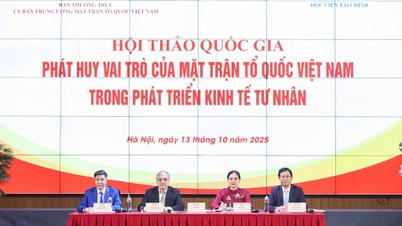
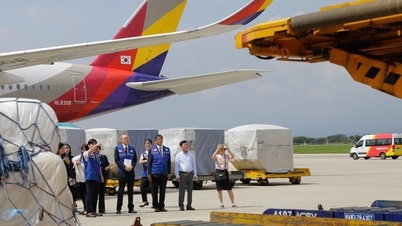

























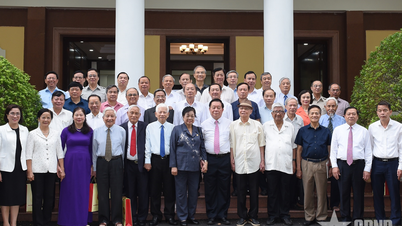





















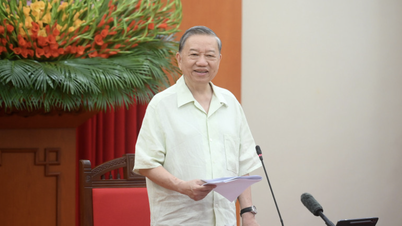


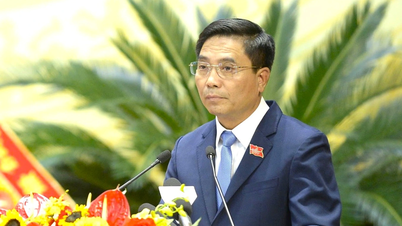
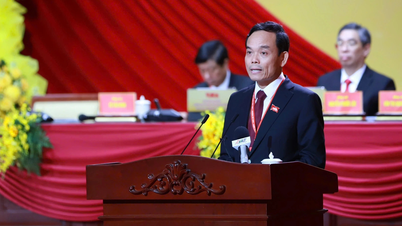
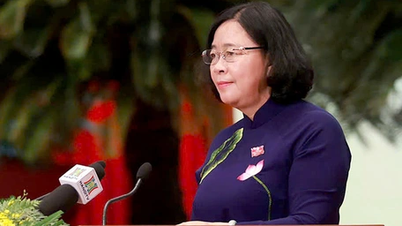










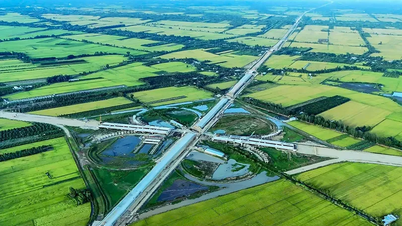























Comment (0)